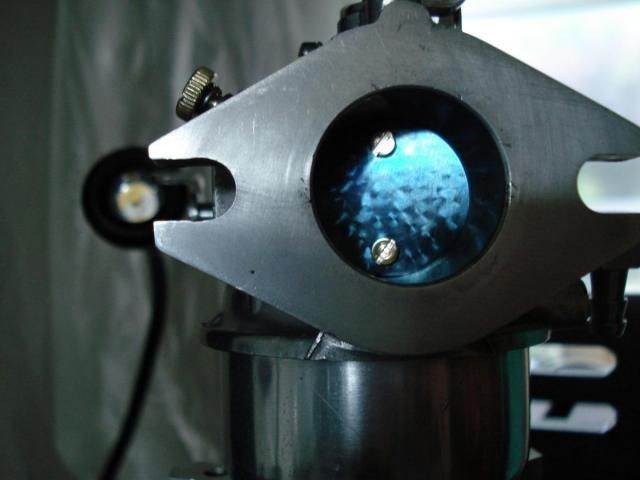Thanks for your collective wisdom and responses. Will try some of the different suggestions given.
My chess pieces are made from low carbon steel (black bar) and stainless steel there are a couple of photos in my only album. Haven't made a full set yet, am experimenting with how to do it.
Following a suggestion given on another forum, am chasing the spectacular and vivid purple/blue ("peacock colours" transition and it has been very difficult. Gotta keep practicing.
transition and it has been very difficult. Gotta keep practicing.
Couple of surprises along the way
1. You can use a paint stripping hot air gun to blue metal – think I discovered that in a post somewhere on this forum – and I've used this idea successfully.
2. You can use those relatively small "cigarette lighter" gas torches to blue metal
3. Best richest colours are achievable on very well finished and polished workpieces but ironically these colours may rub off very easily – I have yet to verify this.
Yellow, black and blue all seem relatively easy to achieve compared to the rich and vivid blue/purple often seen on welded work.
Clickspring has a terrific video showing how he prepared the hands of a clock for bluing. Would take me aaaages doing that for all 36 chessmen. Clockmakers in general use the same bluing technique on very fine screws and get magnificent results.
There's another video out there with a bloke making 20 sided dice that he colours by hand with flame. He makes the comment that things have to be "stupid clean".
Bill
Robert Newman.



 transition and it has been very difficult. Gotta keep practicing.
transition and it has been very difficult. Gotta keep practicing.

